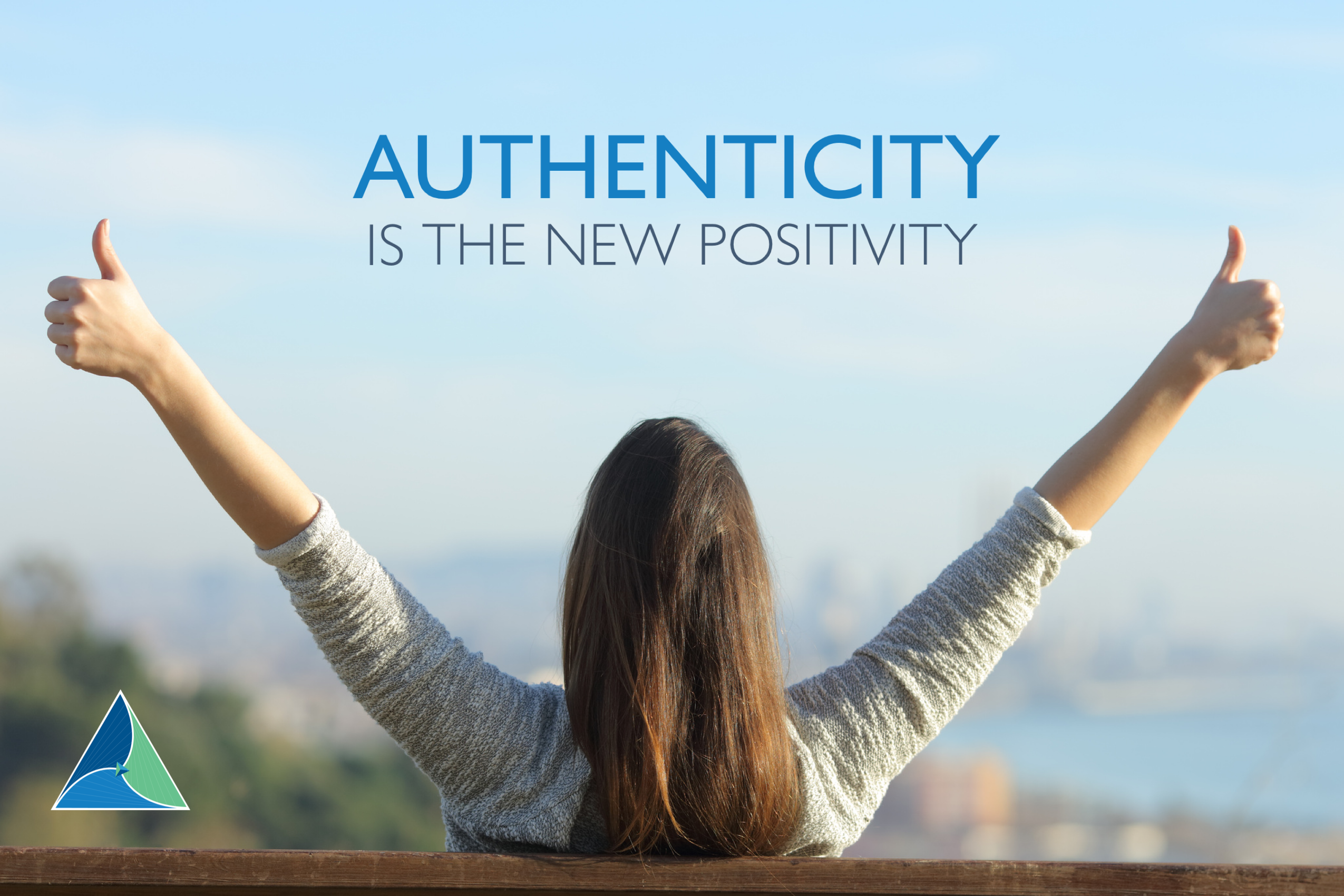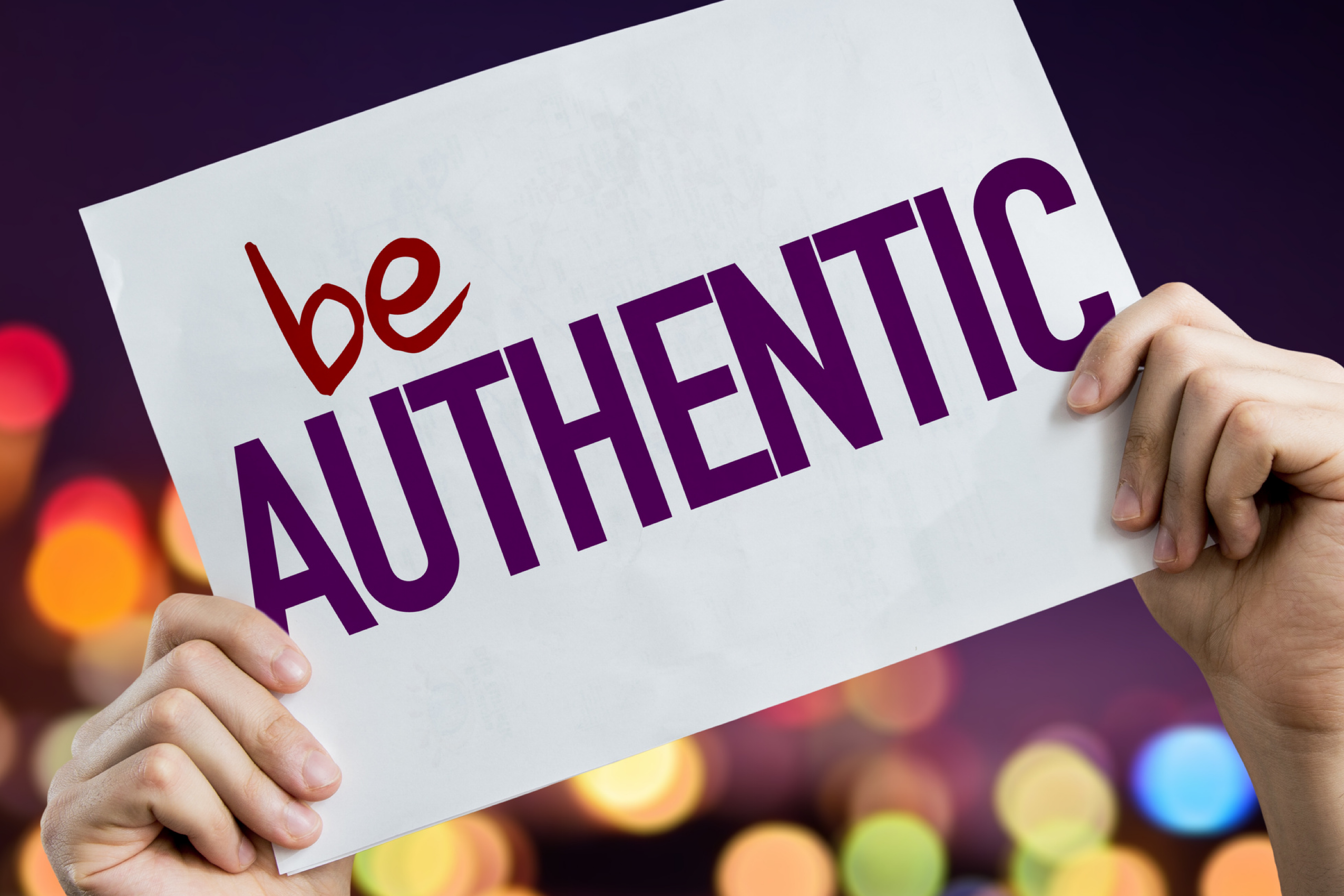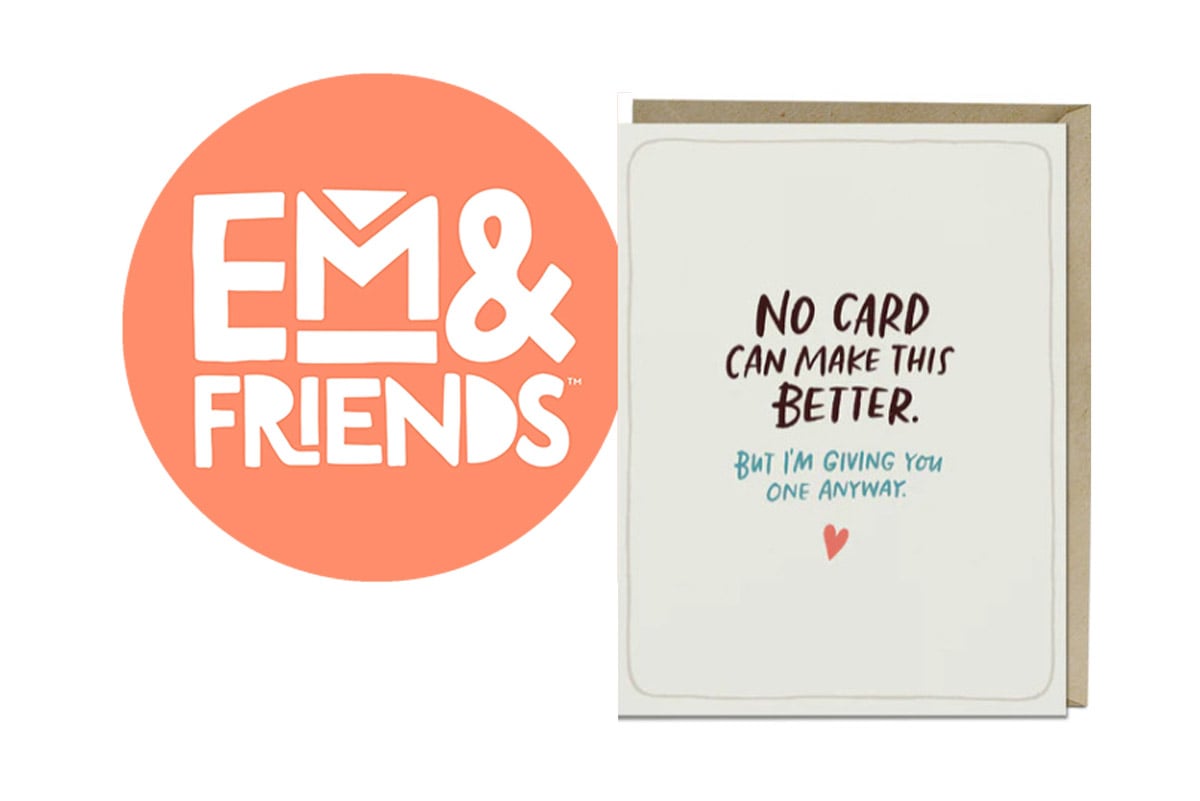
I grew up guided by the Lao Tzu quote: Watch your thoughts, they become your words; watch your words, they become your actions; watch your actions, they become your habits; watch your habits, they become your character; watch your character, it becomes your destiny.
This quote further supported my natural tendency towards positivity during my formative years. Almost 25 years into my career as a psychotherapist, and over 45 years into my life, my relationship with positivity has drastically changed. I continue to view positivity as incredibly powerful, but I now keep front and center in my mind that even for positivity, “with great power comes great responsibility.”
Here's a personal example… Recently I had a health scare. My healthy active body started acting quite peculiar. I was intermittently getting confused and my eyesight was sometimes wonky. Aside from my predisposition toward positivity, I'm generally pragmatic about moving forward - my husband often says, "you're a warrior, not a worrier." Even 9 months into my strange evolving symptoms, still searching for a diagnosis, I was watching myself stay relatively positive. For example, I had multiple mornings where I was unable to wake up and was completely disoriented until my husband found a way to get sugar into my bloodstream. I would hear my husband say, "Lara, this is not ok! I almost couldn't wake you up!" And I would hear my calm response, "But I did wake up. I'm ok now."
If I'm being honest, I wasn't trying to mask my emotions, I was truly feeling that way until I wasn't. I can remember like a light switch one morning, after another episode of not easily waking up, sitting outside on our front steps, feeling my emotion change. Suddenly, I was scared and confused. These emotions didn't stay too long, but once I felt them, I knew that I had two options: to listen or to push them down. This story highlights the wealth that is inherent to authenticity. We are not one way. Ideally, we have access to a WIDE range of emotions, and we are able to figure out how to process/express/release them.

To be authentic means "to denote an emotionally appropriate, significant, accurate mode of human life." But what is appropriate? What is accurate? Another person going through the exact same health scare might have authentically had a very different set of responses. Authenticity is not a particular expression, as is the case for positivity. We cannot measure it to mean one thing or another. So, how do we know if it's present? We feel it. And the people we are with feel it too.

In my case, there came a time when I needed to ask my positivity to be quiet and give the microphone to some other important emotions, namely from the "surprise, fear, and anger" categories in this Wheel of Emotion. These other emotions are harder to be with, so it's perfectly understandable why many of us run from them when they show up. However, these other emotions are also amazing! They have the power to protect us in ways that positivity falls short; they give us energy and motivation. In my case, these “other” emotions were the key players responsible for telling me to change course in my quest to find a diagnosis. This change allowed me to find the surgeon who ultimately removed the rare little tumor in my Pancreas that would have otherwise been terminal. Throughout this year and a half experience, the “choose positivity” voice in my head was still there, but the other emotions were also there, and, in my opinion, they helped to save my life.
I share my own example here to give context knowing that we ALL have similar examples. Do we really only want to be good at being with the "fun" emotions, or would there be value especially in 2022 with all of us getting more proficient in being with the hard emotions? One thing we've all seen over and over again is that when we are going through something extremely difficult, the last thing we want is a "Positivity Band-Aid." Consider the truth in the bestselling empathy card by Em & Friends that says, "Allow me to punch the next person who says everything happens for a reason." Interestingly, Emily McDowell started her business after receiving a cancer diagnosis and wanting to bring "authenticity" into cards geared toward illness, grief, and loss.

If you're now wondering, "Am I authentic?" then here are some experiments you can do with yourself. Start noticing your response to people when they express something hard. Does it make you uncomfortable? Would you rather not waste your time in those moments? Do you respond with a statement rooted in "positivity" before you allow yourself to connect with the actual magnitude of what they are sharing? You can also start noticing your response to your own hard moments - not the moments where you make a wrong turn or something trivial like that, but the moments where something big happens in your life.
Perhaps the quote "Choose Positivity" is an option, but I’m more excited about the possibility of all of us learning to explore the untapped world of power in the alternate option to "Choose Authenticity."
Professional Development Specialist

WANT TO IMPROVE YOUR LEADERSHIP SKILLS?
ATTEND OUR LEADERSHIP IMMERSION
LEARN MORE
We invite you to listen
to our TCNtalks Podcast
TELEIOS UNIVERSITY
Leadership Excellence Piece-by-Piece

An organizational model that allows not-for-profit hospices (Members) to leverage best practices, achieve economies of scale and collaborate in ways that better prepare each agency to participate in emerging alternative payment models and advance their charitable missions.
Related Posts
Tackling the Information Blocking Rule! Enhancing Patient & Provider Access to EHI
Consider this – On April 6, you get a medical records request from a patient who asks for their...
The Knowing Mode vs. The Learning Mode
You may have seen our tribute to Dr. Lee Thayer several weeks back. We were honored to give an ode...
The Knowing Mode Vs. The Learning Mode
If you were able to observe yourself, do you know what your question-to-statement ratio is on a...



